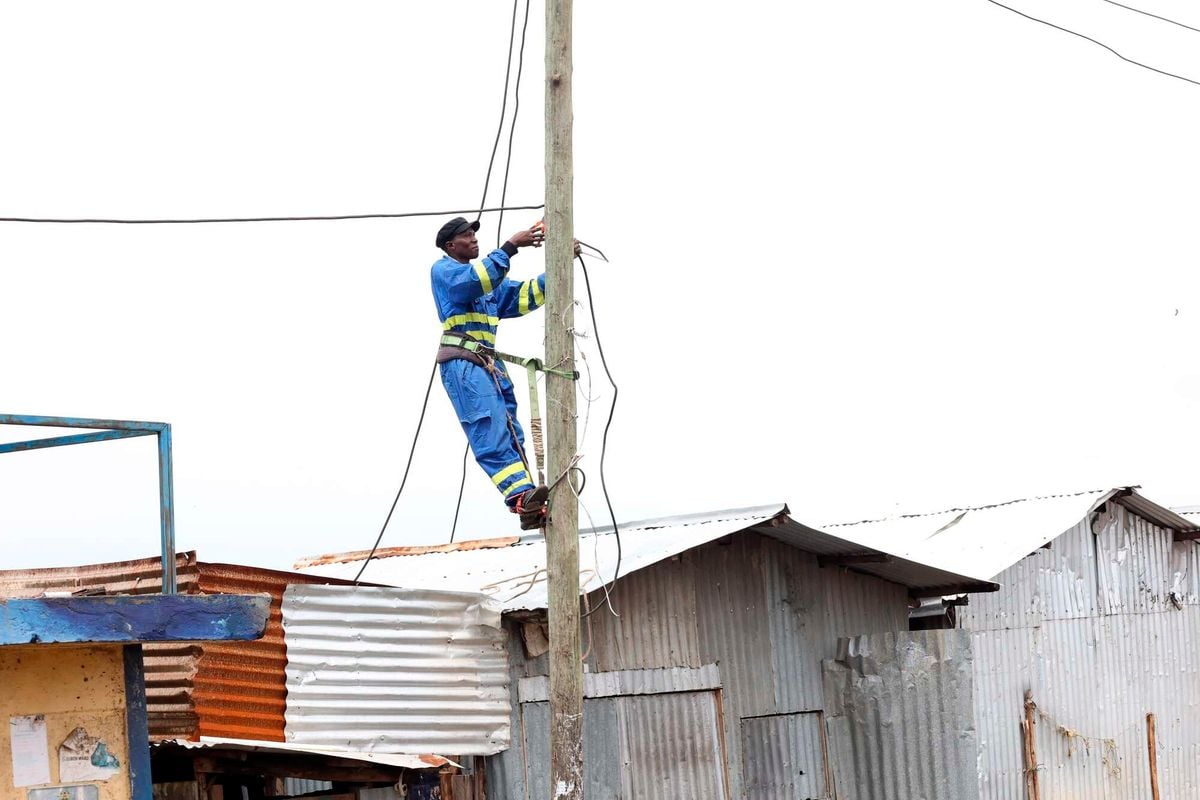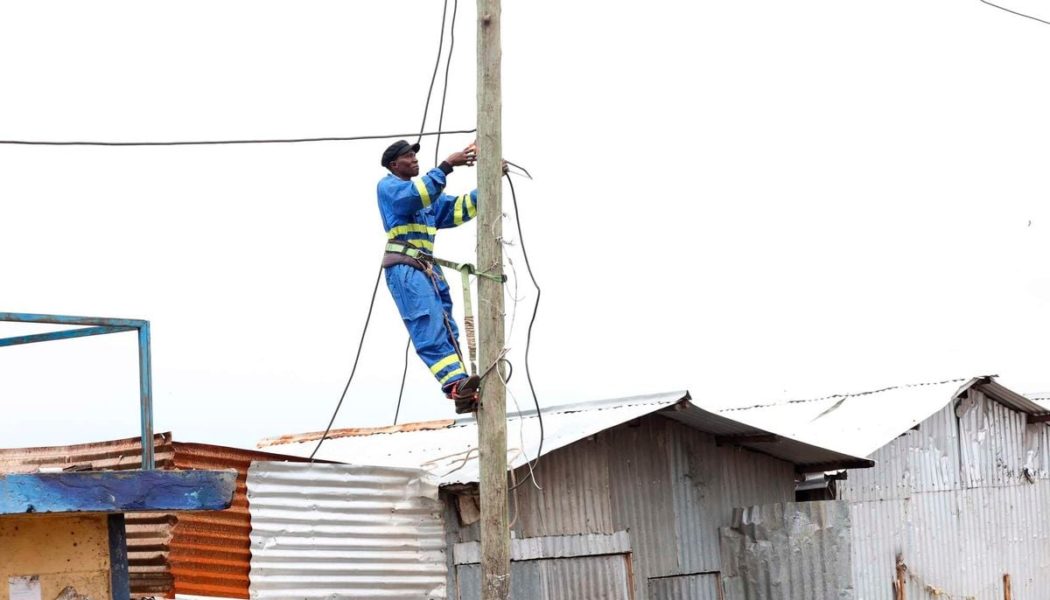
Kenya Power has dropped plans to tap private firms to connect customers in the informal settlements and collect bills, following advice from the State House and the parent ministry.
The utility has now delegated the task to the State-owned Rural Electrification and Renewable Energy Corporation (Rerec), with Kenya Power mandated to step up efforts in the segment of its customers that largely drives its electricity sales.
In November last year, Kenya Power invited private firms to bid for the deals that initially targeted slums in Nairobi, in what would have been a first for the company to delegate such a role to the private sector.
The informal settlements have been a headache for Kenya Power for years, with illegal connections and difficulties in billing the customers. The illegal connections have also led to electrocutions in the areas.
“We were pushing for this but it conflicted with the government’s goal because connecting customers in the informal sector is more of a social goal than a commercial one,” Joseph Siror, Kenya Power’s managing director.
“Advisors at State House told us that we have no business targeting customers in the informal settlement and told us to leave it to Rerec. Packaging this initiative under Rerec can even attract grants to reticulate the informal sector and bill them.”
Slums across the country are notorious for illegal connections, which continue to bleed Kenya Power’s revenue besides endangering the lives of millions of people because of the poor quality of the connections.
Rerec is the State agency mandated to connect Kenyans in the rural areas at subsidised rates, thereby driving up the social aspect of improving access to electricity across the country.
Most households in the informal settlements use electricity only for lighting, making the sector economically unviable for Kenya Power.
Industries account for the highest sales of electricity followed by homes and small and medium enterprises.
Under the deal, private firms would have bought electricity in bulk from Kenya Power at discounted tariffs and then resold it to customers.
The private firms would have been required to install their own meters and sub-meters at the businesses and homes of the customers in the informal settlements.
Some of the city slums that were targeted included Kibra, Mukuru, Kamukunji and Kibagare. It remains unclear whether Rerec will still prioritise these urban slums.
“I am not aware of how far they (Rerec) have gone now, I need to cross-check with them,” Mr Siror added.
Kenya Power had 9.7 million customers in the year that ended June after adding 447,251 new connections in the period.
Electricity sales grew 2.76 percent to 19,516 gigawatt hours during the period, with the utility posting a net profit of Sh30.08 billion.
Kenya Power, however, holds that the returns would have been higher were it not for the electricity theft, particularly in the informal settlements.









